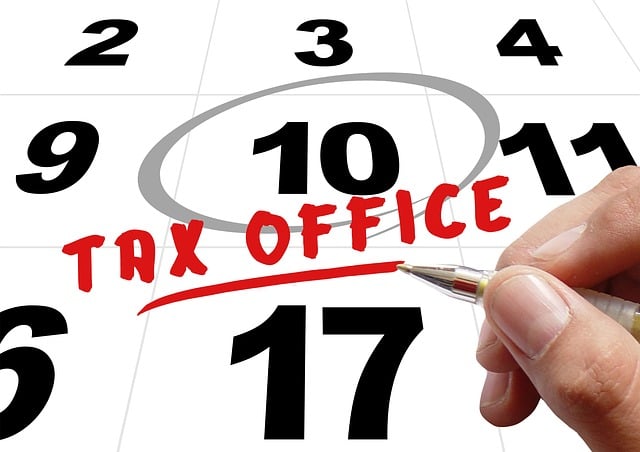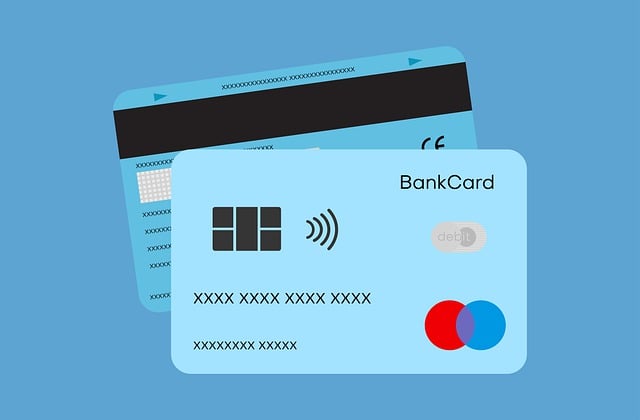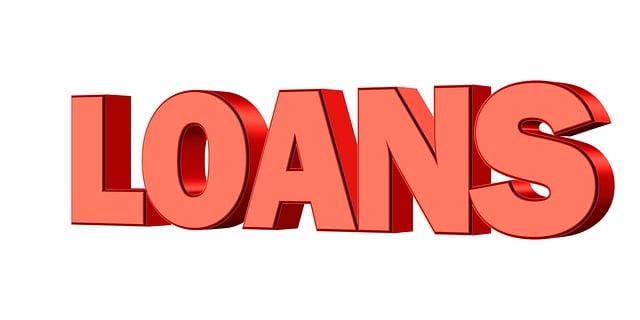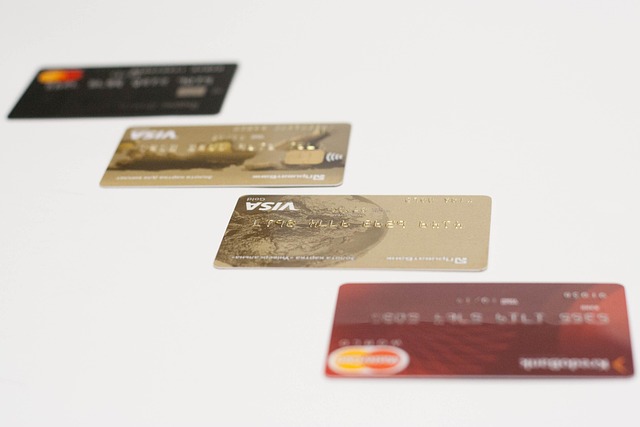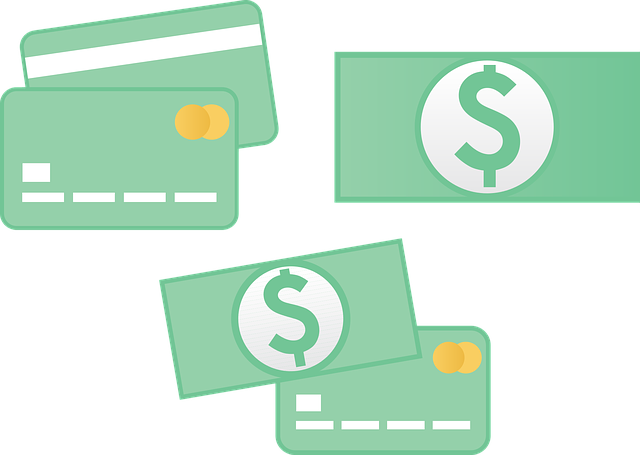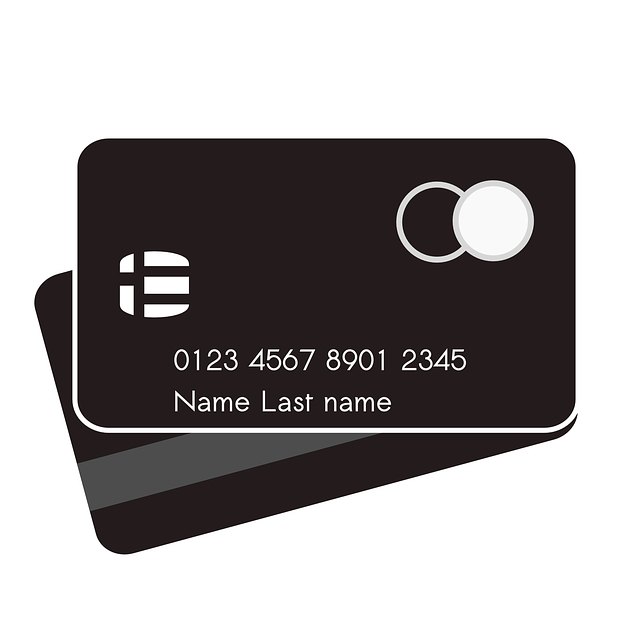For low-income families burdened by overwhelming credit card debt, understanding and strategically choosing relief options is key. While consolidation loans can simplify repayment with lower interest rates, exploring alternatives like counseling agencies, government programs, and debt settlement negotiations offers diverse, often free or low-cost solutions. Thorough research, comparing terms and fees, and seeking guidance from reputable sources is essential. Effective budgeting and prioritizing high-interest debts can accelerate progress towards financial stability. Consolidation loans can simplify management but should be considered alongside other options tailored to individual needs.
For low-income families burdened by debt, finding effective relief options is crucial. This article guides you through seven powerful strategies tailored specifically to ease financial strain. From understanding your rights to exploring popular debt relief methods like credit card debt consolidation loans, we offer a comprehensive roadmap. Learn how alternatives to consolidation can simplify payment plans and provide fresh perspectives on budgeting. Take control of your finances and discover the best path to financial freedom.
- Understanding Debt Relief Options for Low-Income Families
- Credit Card Debt Consolidation Loans: A Comprehensive Guide
- Alternatives to Debt Consolidation: Exploring Other Solutions
- Strategies for Effective Debt Management and Budgeting
Understanding Debt Relief Options for Low-Income Families

For low-income families grappling with overwhelming debt, understanding the available relief options is a crucial first step. Debt can quickly spiral out of control, especially with high-interest rates on credit card debt consolidation loans. These loans bundle multiple debts into one with a potentially lower interest rate, making repayment more manageable. However, not all relief options are created equal; some may come with stringent eligibility criteria or hidden fees.
Exploring alternatives like credit counseling agencies, government-backed programs, and debt settlement negotiations can offer viable solutions. These services often provide educational resources, budget planning assistance, and legal advocacy to help families regain financial control. Each option has its own set of benefits and considerations, so thoroughly researching and comparing them is essential before making any decisions regarding debt relief.
Credit Card Debt Consolidation Loans: A Comprehensive Guide
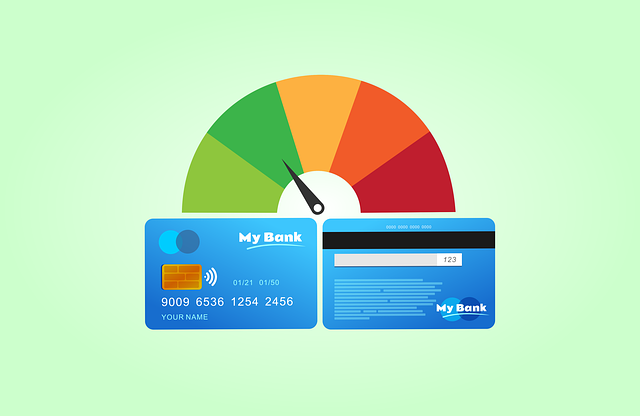
Credit Card Debt Consolidation Loans offer a strategic approach for low-income families to gain control over their financial obligations. This process involves pooling multiple high-interest credit card debts into a single loan with a lower interest rate, simplifying repayment and saving money in the long run. It’s an effective strategy as it reduces the psychological burden of managing several creditors while providing a clear path to debt elimination.
When considering Credit Card Debt Consolidation Loans, families should thoroughly research lenders, comparing terms, rates, and fees. Government-backed programs or non-profit organizations specializing in financial aid can offer guidance and access to affordable options. A successful consolidation not only alleviates the immediate financial stress but also educates families on responsible borrowing and spending habits, empowering them to build a healthier financial future.
Alternatives to Debt Consolidation: Exploring Other Solutions
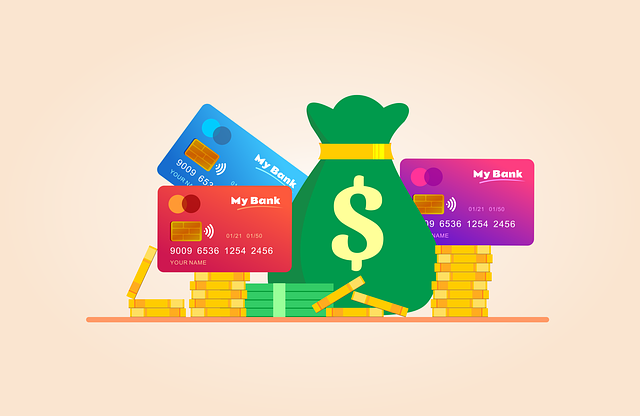
While Credit Card Debt Consolidation Loans can be a popular option for managing multiple debts, it’s not the only way forward for low-income families seeking debt relief. Alternatives exist that cater to unique financial situations and may offer more tailored solutions. For instance, budget counseling agencies provide free or low-cost services that help individuals create personalized budgets, negotiate with creditors, and explore options like debt settlement or negotiation. These agencies often have specialized programs designed to assist those with limited incomes.
Another viable alternative is debt management through community resources and non-profit organizations focused on financial literacy and support. Such groups may offer workshops, counseling, and access to affordable credit alternatives. Additionally, exploring debt forgiveness programs targeted at specific demographics or types of debt—like student loans or medical bills—can provide much-needed relief. These options demonstrate that there’s a range of choices beyond consolidation loans, each with its own advantages in navigating complex financial landscapes.
Strategies for Effective Debt Management and Budgeting

Managing debt effectively requires a strategic approach, especially for low-income families looking to gain financial control. The first step is to assess the current financial situation and prioritize debts based on interest rates and repayment terms. A common strategy is to focus on high-interest debts like credit card balances first; this method, often known as the “snowball” or “avalanche” approach, can help families make quick gains in debt reduction.
Creating a realistic budget is an integral part of long-term financial stability. This involves tracking expenses, setting spending limits, and allocating income towards necessary costs, savings, and debt repayment. For instance, considering Credit Card Debt Consolidation Loans can simplify the process by combining multiple credit card debts into one loan with potentially lower interest rates, making it easier to manage and pay off the balance over time. Effective budgeting ensures that every dollar is accounted for, reducing the likelihood of further accruing debt.
For low-income families grappling with debt, exploring relief options is a crucial step towards financial stability. By understanding various debt management strategies, such as credit card debt consolidation loans, and adopting effective budgeting practices, individuals can navigate their financial challenges more effectively. These solutions offer a path to debt reduction, providing much-needed relief and a brighter financial future.







